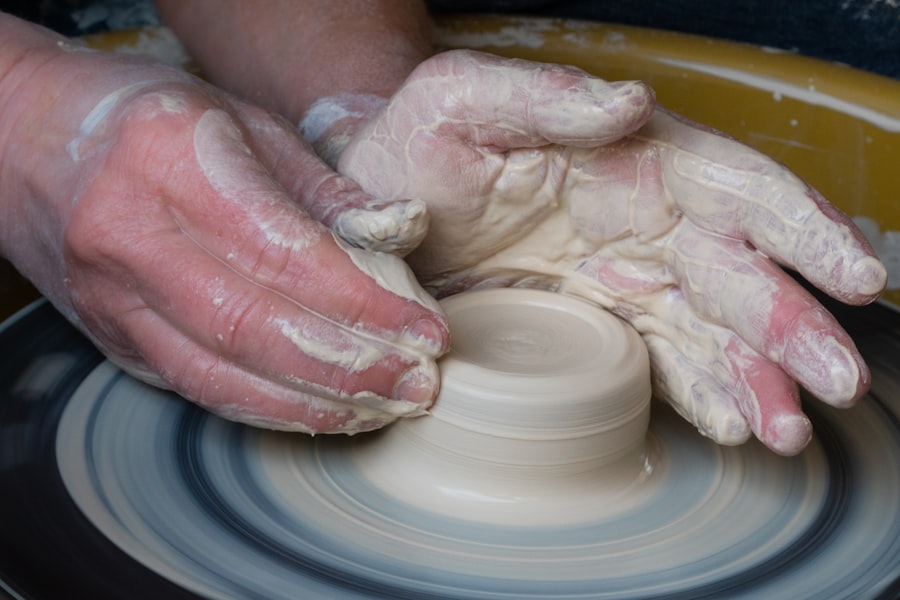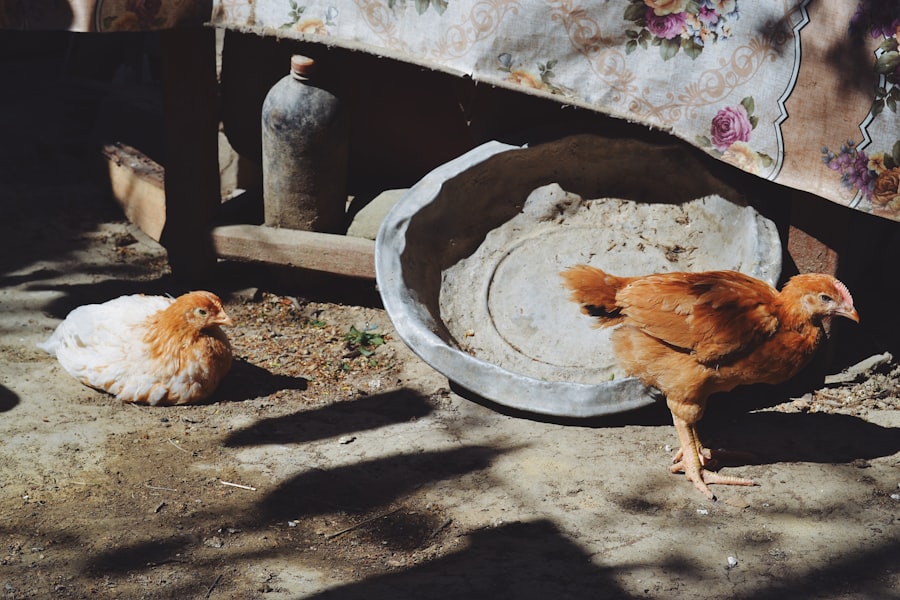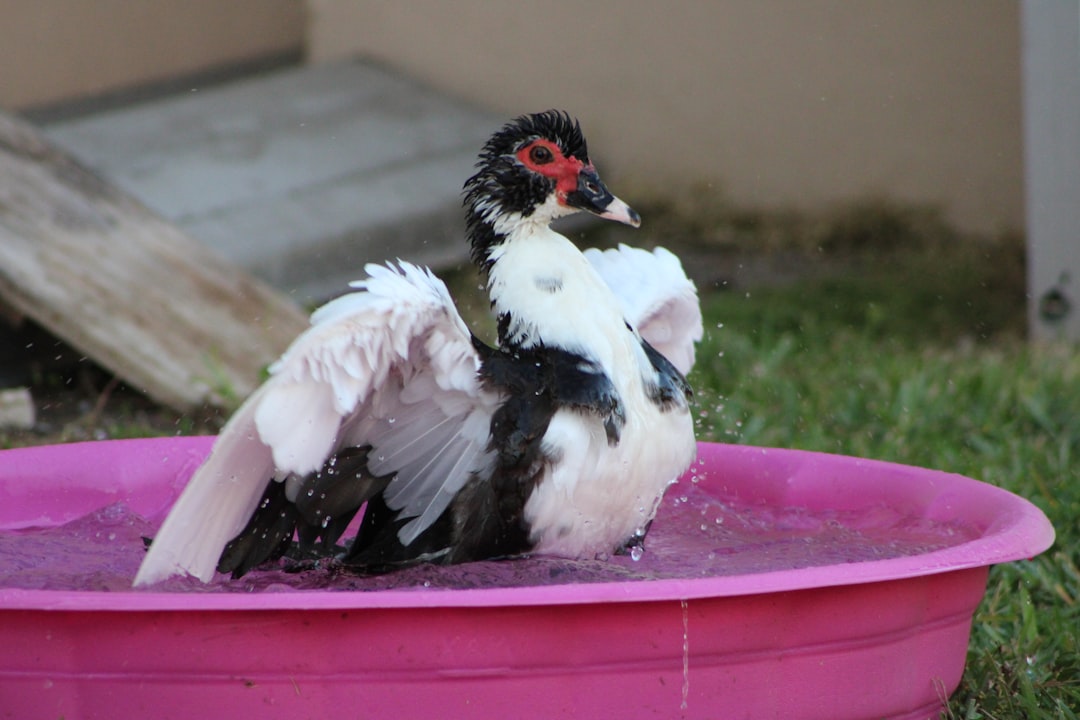Chlorine washed chicken refers to poultry that has been treated with a chlorine solution during processing to eliminate harmful bacteria and pathogens. This practice is particularly prevalent in the United States, where food safety regulations allow for the use of chlorine as a disinfectant in the poultry industry. The process typically involves immersing the chicken in a chlorinated water solution, which is intended to reduce the risk of foodborne illnesses caused by bacteria such as Salmonella and Campylobacter.
While this method has been adopted by many producers to enhance food safety, it has also sparked significant debate regarding its implications for consumer health and food quality. The use of chlorine in chicken processing is not universally accepted. In fact, many countries, particularly in Europe, have banned the practice due to concerns about food safety and consumer rights.
The controversy surrounding chlorine washed chicken raises important questions about the balance between ensuring public health and maintaining high standards of food quality. As consumers become more informed about their food choices, the discussion around chlorine washed chicken continues to evolve, highlighting the need for transparency and education in the poultry industry.
Key Takeaways
- Chlorine washed chicken is a controversial topic in the food industry, with concerns about its impact on human health and the environment.
- Health concerns related to chlorine washed chicken include potential risks of consuming chlorine residues and the development of antibiotic-resistant bacteria.
- Potential risks of consuming chlorine washed chicken include allergic reactions, respiratory problems, and digestive issues.
- Alternatives to chlorine washing in poultry processing include using organic acids, steam, and other non-chlorine based antimicrobial interventions.
- Government regulations and bans on chlorine washed chicken vary by country, with some countries allowing it and others prohibiting its import or sale.
The Controversy Surrounding Chlorine Washed Chicken
The controversy surrounding chlorine washed chicken is multifaceted, involving various stakeholders, including consumers, health advocates, and poultry producers. Critics argue that the use of chlorine is a band-aid solution that does not address the root causes of contamination in poultry production. They contend that relying on chemical treatments can lead to complacency in hygiene practices on farms and during processing.
This perspective emphasizes the importance of implementing better animal husbandry practices and stricter hygiene protocols rather than resorting to chemical disinfection. On the other hand, proponents of chlorine washing argue that it is an effective method for reducing harmful bacteria and ensuring food safety. They point to studies that demonstrate a significant reduction in bacterial load on treated poultry, which can help prevent foodborne illnesses.
This side of the debate often highlights the challenges faced by poultry producers in maintaining high standards of hygiene throughout the supply chain, especially given the scale of production in modern agriculture. As such, the discussion around chlorine washed chicken reflects broader issues related to food safety, agricultural practices, and consumer trust.
Health Concerns Related to Chlorine Washed Chicken

Health concerns related to chlorine washed chicken primarily revolve around the potential for chemical residues and the long-term effects of consuming treated poultry. Critics argue that while chlorine may effectively kill bacteria on the surface of chicken, it does not eliminate all pathogens, particularly those that may be present within the meat itself. This raises questions about whether consumers are truly protected from foodborne illnesses when consuming chlorine washed chicken.
Moreover, there are concerns about the potential health risks associated with ingesting chlorine residues. Although regulatory agencies assert that the levels of chlorine used in poultry processing are safe for consumption, some health advocates argue that any chemical treatment poses a risk to human health over time. They call for more comprehensive studies to assess the long-term effects of consuming chlorine washed chicken, particularly in vulnerable populations such as children and pregnant women.
This ongoing debate underscores the need for transparency in food processing practices and greater consumer awareness regarding what they are eating.
Potential Risks of Consuming Chlorine Washed Chicken
| Category | Potential Risks |
|---|---|
| Chemical Exposure | Consuming chlorine washed chicken may lead to exposure to residual chlorine and its by-products, which can have adverse health effects. |
| Impact on Gut Microbiota | Chlorine washing may disrupt the natural balance of gut microbiota, leading to potential digestive issues and decreased immune function. |
| Formation of Harmful Compounds | Chlorine washing of chicken may lead to the formation of harmful compounds such as chlorinated by-products, which can pose health risks when ingested. |
| Resistant Bacteria | Exposure to chlorine may contribute to the development of antibiotic-resistant bacteria in chicken, posing a risk to human health. |
The potential risks associated with consuming chlorine washed chicken extend beyond immediate health concerns. One significant issue is the possibility of developing antibiotic-resistant bacteria due to the overuse of chemical treatments in food production. As bacteria are exposed to disinfectants like chlorine, there is a risk that they may adapt and develop resistance, making them harder to eliminate through conventional means.
This phenomenon poses a serious threat to public health, as antibiotic-resistant infections can lead to increased morbidity and mortality rates. Additionally, there is a growing body of evidence suggesting that chemical treatments may alter the nutritional quality of poultry products. Some studies indicate that exposure to chlorine can affect the protein content and overall quality of chicken meat.
The implications of these risks highlight the need for ongoing research into the effects of chlorine washing on both food safety and nutritional value.
The Impact of Chlorine Washed Chicken on Human Health
The impact of chlorine washed chicken on human health is a complex issue that encompasses both immediate and long-term effects. In the short term, consumers may feel reassured by the knowledge that their chicken has undergone a disinfection process designed to reduce harmful bacteria. However, this sense of security can be misleading if consumers are unaware of the limitations of chlorine washing.
For instance, while surface bacteria may be reduced, internal contamination can still occur if proper handling and cooking practices are not followed. In the long term, the implications of consuming chlorine washed chicken may extend beyond individual health outcomes. As public awareness grows regarding food safety practices and chemical treatments, consumer preferences may shift towards more natural and organic options.
This shift could influence market trends and drive changes in poultry production practices as producers respond to consumer demand for transparency and higher quality standards. Ultimately, the impact of chlorine washed chicken on human health is intertwined with broader societal trends related to food safety, consumer education, and agricultural practices.
The Role of Chlorine in Chicken Processing

Chlorine plays a significant role in chicken processing as a disinfectant aimed at reducing microbial contamination. The use of chlorinated water solutions is intended to sanitize surfaces and equipment used during processing, thereby minimizing the risk of cross-contamination between raw and cooked products. This practice has become a standard part of many poultry processing operations in the United States, where food safety regulations permit its use.
Despite its effectiveness as a disinfectant, the role of chlorine in chicken processing has come under scrutiny due to concerns about its potential health implications. Critics argue that reliance on chemical treatments can detract from efforts to improve overall hygiene practices within poultry production facilities. They advocate for a more holistic approach that prioritizes animal welfare and biosecurity measures alongside chemical disinfection methods.
As discussions around food safety continue to evolve, the role of chlorine in chicken processing remains a contentious topic within the industry.
Alternatives to Chlorine Washing in Poultry Processing
As concerns about chlorine washed chicken grow, alternative methods for ensuring food safety are gaining traction within the poultry industry. One promising approach involves using natural antimicrobial agents derived from plant extracts or essential oils. These alternatives have shown potential in reducing bacterial loads without relying on harsh chemicals like chlorine.
For instance, some studies have demonstrated that certain plant-based compounds can effectively inhibit bacterial growth while preserving the quality and flavor of poultry products. Another alternative gaining popularity is the use of high-pressure processing (HPP), which involves subjecting meat products to high levels of pressure to eliminate pathogens without compromising nutritional value or taste. HPP has been recognized as an effective method for enhancing food safety while minimizing chemical interventions.
As consumer demand for cleaner labels and more natural products increases, these alternatives may offer viable solutions for poultry producers seeking to improve their processing methods while addressing public health concerns.
Government Regulations and Bans on Chlorine Washed Chicken
Government regulations surrounding chlorine washed chicken vary significantly across different countries and regions. In the United States, regulatory agencies such as the USDA permit the use of chlorine as a disinfectant in poultry processing under specific guidelines aimed at ensuring food safety. However, this practice has faced criticism from various advocacy groups who argue for stricter regulations or outright bans on chemical treatments in food production.
Conversely, many European countries have implemented bans on chlorine washed chicken due to concerns about food safety and consumer rights. The European Union has taken a strong stance against chemical treatments in poultry processing, emphasizing a preference for natural methods that prioritize animal welfare and environmental sustainability. These differing regulatory approaches highlight the ongoing debate surrounding food safety practices and consumer protection on a global scale.
Consumer Awareness and Education about Chlorine Washed Chicken
Consumer awareness and education play crucial roles in shaping public perceptions of chlorine washed chicken and its implications for health and safety. As consumers become more informed about their food choices, they increasingly seek transparency regarding production practices and ingredient sourcing. This shift has prompted many organizations and advocacy groups to raise awareness about the potential risks associated with consuming chemically treated poultry products.
Efforts to educate consumers about chlorine washed chicken often focus on promoting informed decision-making when it comes to purchasing meat products. By providing information about processing methods, potential health risks, and available alternatives, consumers can make choices aligned with their values and preferences. Increased awareness can also drive demand for higher quality products that prioritize natural ingredients and sustainable practices within the poultry industry.
The Global Perspective on Chlorine Washed Chicken
The global perspective on chlorine washed chicken reveals significant disparities in regulatory approaches and consumer attitudes towards chemical treatments in poultry processing. In countries like the United States, where chlorine washing is widely accepted as a standard practice, consumers may be less aware of potential risks compared to those in regions where such practices are banned or heavily regulated. This divergence highlights how cultural attitudes towards food safety can shape industry standards and consumer behavior.
International trade agreements also play a role in shaping perceptions of chlorine washed chicken on a global scale. As countries negotiate trade deals that involve agricultural products, differing standards for food safety can create tensions between trading partners. For instance, European countries have been known to resist imports of U.S.-produced poultry due to concerns over chlorination practices, leading to ongoing debates about food safety regulations in international markets.
Conclusion and Future Outlook for Chlorine Washed Chicken
In conclusion, the future outlook for chlorine washed chicken remains uncertain as debates surrounding its safety and efficacy continue to unfold. While proponents argue for its role in enhancing food safety through bacterial reduction, critics emphasize the need for more sustainable practices that prioritize animal welfare and consumer health. As awareness grows regarding potential risks associated with chemical treatments in poultry processing, consumers are likely to demand greater transparency and higher quality standards from producers.
Looking ahead, it is essential for stakeholders within the poultry industry—ranging from producers to regulators—to engage in constructive dialogue aimed at addressing public concerns while ensuring food safety. The exploration of alternative methods for ensuring hygiene without relying on harsh chemicals presents an opportunity for innovation within the industry. Ultimately, fostering consumer trust through education and transparency will be crucial as society navigates the complexities surrounding chlorine washed chicken and its implications for public health.
Chlorine-washed chicken is banned in several regions, including the European Union, due to concerns about food safety and animal welfare. The process involves rinsing chicken carcasses with chlorine to reduce bacterial contamination, but critics argue that it may mask poor hygiene practices in poultry production. For more insights into the reasons behind this ban and its implications, you can read a related article on the topic by visiting this page. This article delves into the health and ethical considerations that have led to the prohibition of chlorine-washed chicken in certain markets.
WATCH THIS! 👀Why These 30 American Products Are Immediately Illegal In Europe
FAQs
What is chlorine washed chicken?
Chlorine washed chicken refers to chicken that has been treated with chlorine to reduce the risk of bacterial contamination during processing.
Why is chlorine washed chicken banned in the EU?
Chlorine washed chicken is banned in the EU due to concerns about the potential health risks associated with the use of chlorine in poultry processing. The EU has stricter regulations on food safety and animal welfare compared to other regions, and the use of chlorine in poultry processing does not meet these standards.
What are the potential health risks of chlorine washed chicken?
There are concerns that the use of chlorine in poultry processing may lead to the formation of harmful by-products, such as chlorinated compounds, which could pose health risks to consumers. Additionally, there are worries about the potential for antibiotic-resistant bacteria to develop as a result of chlorine washing.
What are the alternatives to chlorine washing chicken?
Some alternatives to chlorine washing chicken include implementing stricter hygiene and sanitation practices during poultry processing, using organic acids or other antimicrobial agents, and improving animal welfare and living conditions to reduce the risk of bacterial contamination.
Is chlorine washed chicken banned in other countries?
Chlorine washed chicken is not banned in the United States, where it is commonly used in poultry processing. However, it is banned in the EU and other countries with stricter food safety regulations.
